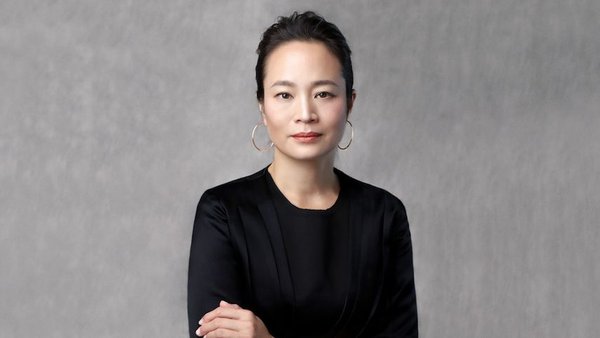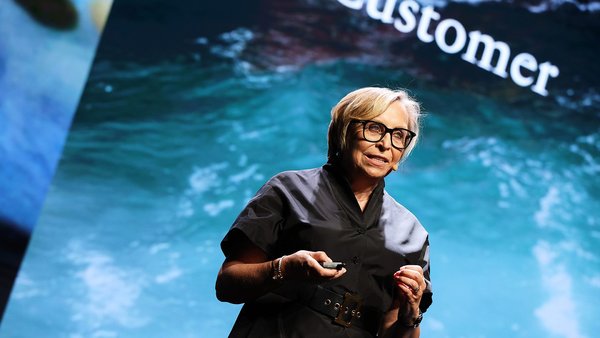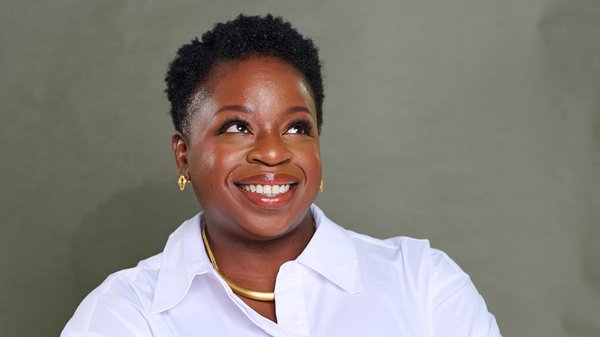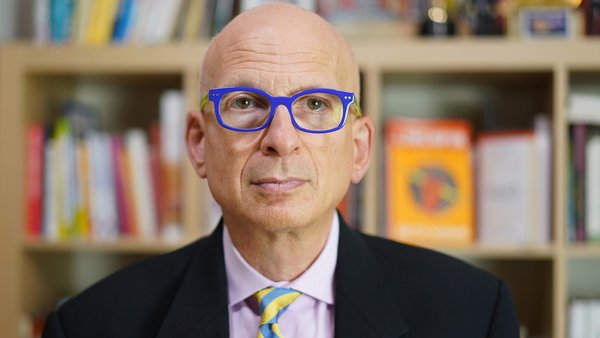Nicky Bullard on what she’s looking for from this year’s Direct Cannes Lions entries /
The Direct jury president at Cannes Lions 2019 shares her judging criteria and what makes a killer case study video
Alex Jenkins
/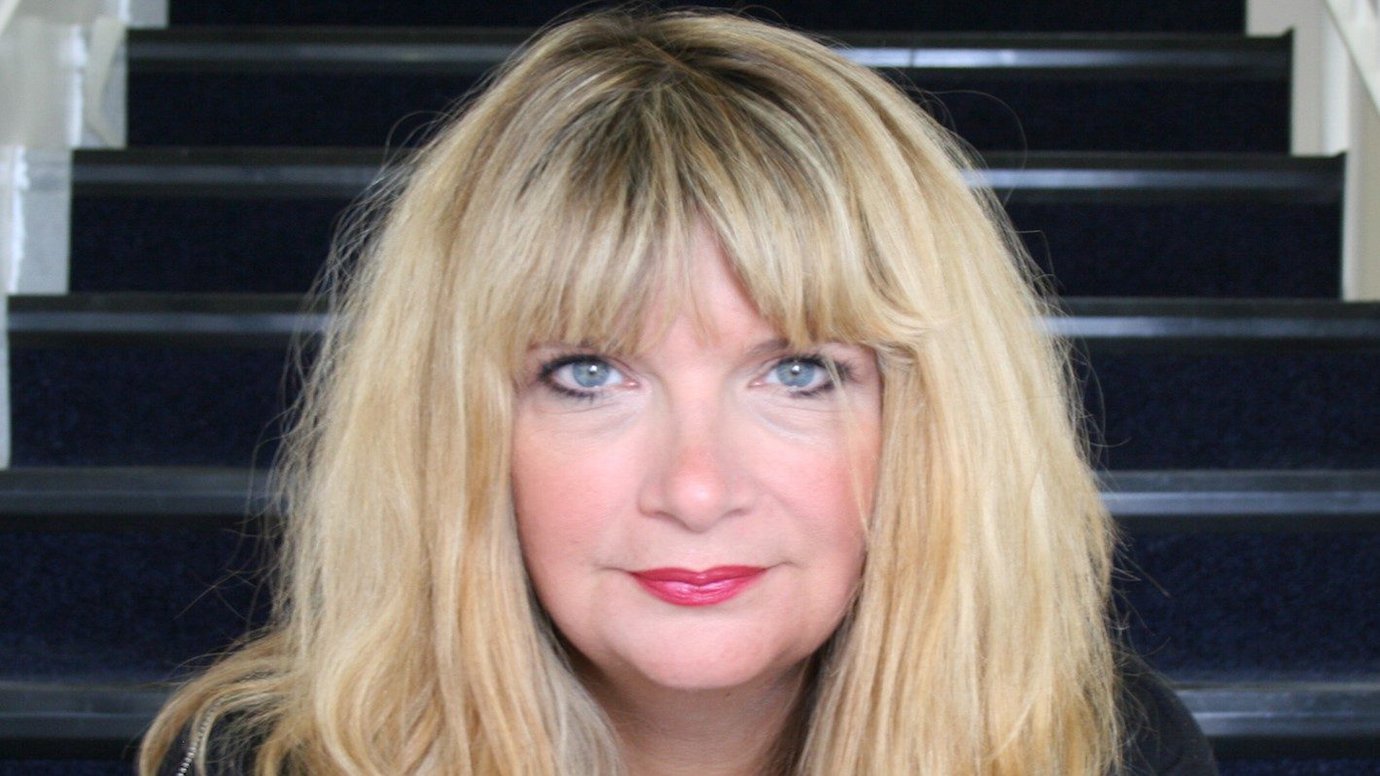
Ahead of the 2019 Cannes Lions festival, Alex Jenkins catches up with Nicky Bullard, chairwoman and chief creative officer of MRM//McCann and president of this year’s Direct Jury, to find out what the judges will be looking for, what makes a great case study and how to win awards at Cannes.
You’re president of the Direct category this year. As a definition, it’s pretty broad but has also evolved a lot over the years.
In the past, I think the Direct category has been a bit of a dumping ground. I think people think, 'Oh, it’s got a URL in it, let’s give it a go.' When I judged before in the Direct category, the majority of the judges hadn’t worked in direct marketing. They had previously done work that had won in Cannes in the category, which as I say was quite vague. So there was a vagueness about what we were scoring against, which was quite a frustrating experience.
So how are you overcoming that with this year’s jury?
There are four key criteria that I think Direct needs to meet and I’m definitely going to try to steer the jury towards them.
One is: 'Do you know me or want to know me?' So that is about targeting and insight. The second one is: 'Have you made me feel something?' So that’s about the quality of the idea and the execution. The third is: 'Have you asked me to do something?', i.e. is there a clear call to action? Lastly, and importantly: 'Can you prove I did it?' It’s about measuring back to what you’ve asked people to do.
Personally, I’ve been quite harsh. I’ve judged about two-hundred and fifty submissions so far, and I’ve been harsh against that criteria.
And does that harshness extend to how you view campaign results?Interestingly, in the pre-judging I’ve asked the jury to be generous on the results, for example if there’s a call to action and you’ve asked people to do something, and only one person does it. But if the impact of one person doing that thing is big or you save someone’s life, for example, we can be generous. It’s not all about impressions. And by the way, I don’t think impressions are results.
Hold up. Why aren’t impressions results?An impression, by its very definition, is something that’s impressed onto, so it is not really an action. When we talk about calls to action, it is about doing something, whether that’s signing a petition or driving footfall into a store or, in the old days, picking up the phone. It’s not ‘We’ve got a lot of money, we’ve chucked it behind the media and we’re going to shove it in front of 60 million people and that is the result.’ That’s not really a result.
Don’t bullshit. We’re seasoned ECDs on the jury and we’ll smell it a mile off
Nicky Bullard, Cannes Lions Direct Jury president
Ok, let’s talk case study videos. What makes a case study perform well in the judging room?
Clarity. If the story is not clear, that is really annoying. However, if it’s a brilliant idea, you’ve got very senior people judging, so they will see it, even if the case isn’t that clear. Sometimes you have case studies made by people where English isn’t their first language, and they are trying to create a clear story. It can be quite difficult sometimes, so you give the benefit of the doubt. You have to keep reminding yourself that we’re not judging the case studies, we are judging the work. The case study is just to tell us a story – it's just a documentary of the work, and I think if you look at it as a documentary, and you understand it, you get all those facts. But you need to get the feeling as well – the tingle – and that’s really tough.
You must get pretty snow blind after looking at hundreds of entries. How real is case study fatigue?
If you see something wonderful, you will wake up in a second, so don’t worry too much about judging fatigue. We are desperate to see great work, so it’s when you see those gems that you totally wake up.
On the flip side, what’s your biggest case study crime?It’s really irritating when you see a beautifully presented case study, but the idea is really weak.

The Palau Pledge won the Grand Prix in Direct last year and, in general, purposeful or ‘do good-er’ campaigns perform well at Cannes. Do you have a view on societal impact and whether it should influence the chance of something winning an award?
I’m quite neutral about it. I love seeing the ‘do good-er’ campaigns and, particularly in Direct, it’s hard to get results on the charitable work. But I think it’s really hard to get great work out for any client, and I think that should absolutely be applauded. Looking at how hard it was to make a piece of work, whether it’s for an NGO or it’s for your client, is a big part of something winning a gold, because you think ‘How the hell did they sell that idea into this very corporate client?'
But it will still be the best work that wins, so, if you are arguing over over two golds and one is a paying client and one is an NGO, and they are both equally brilliant, personally I’d go towards the paying client.
What’s your advice for how to win an award at Cannes?
The first thing is tenacity. If you haven’t made it happen in time for this Cannes, think about the next year and use the shows before Cannes, like Eurobest, as your testing ground. If something gets a bronze, find out why. Talk to the jurors and find out why did it not get more than a bronze. Or, why wasn’t it shortlisted? It’s really hard as a creative director to not be desperate to chuck stuff in Cannes and hope you’re going to win something. Hold back.
Be clear about your story, get your clients on board at the beginning. If you’ve got a great idea and they’re sold, tell them at that point you’re going to enter it into awards, don’t wait for the last minute. If you get them on board, they may part invest in the case study.
Try not to lobby judges, because people do send work to you directly. I’m happy to look at any work if it’s good, but don’t think that’s a way of getting people to, because no one is going to put their reputation on the line.
Also, don’t bullshit, because we’re seasoned ECDs and above on the jury and we’ll smell it a mile off.
If you'd like us to bring the best work, key trends and brightest ideas from Cannes Lions to your office for your team or as part of a client event, book our Cannes Deconstructed briefing. Based on behind-the-scenes access to jury presidents, press conferences and the teams behind the Grands Prix-winning work, Cannes Deconstructed delivers a week’s worth of Cannes in one, insight-packed hour. To find out more or book a Contagious Cannes Deconstructed briefing, click here.
Want more of the same? /
We don’t just write about best-in-class campaigns, interviews and trends. Our Members also receive access to briefings, online training, webinars, live events and much more.

